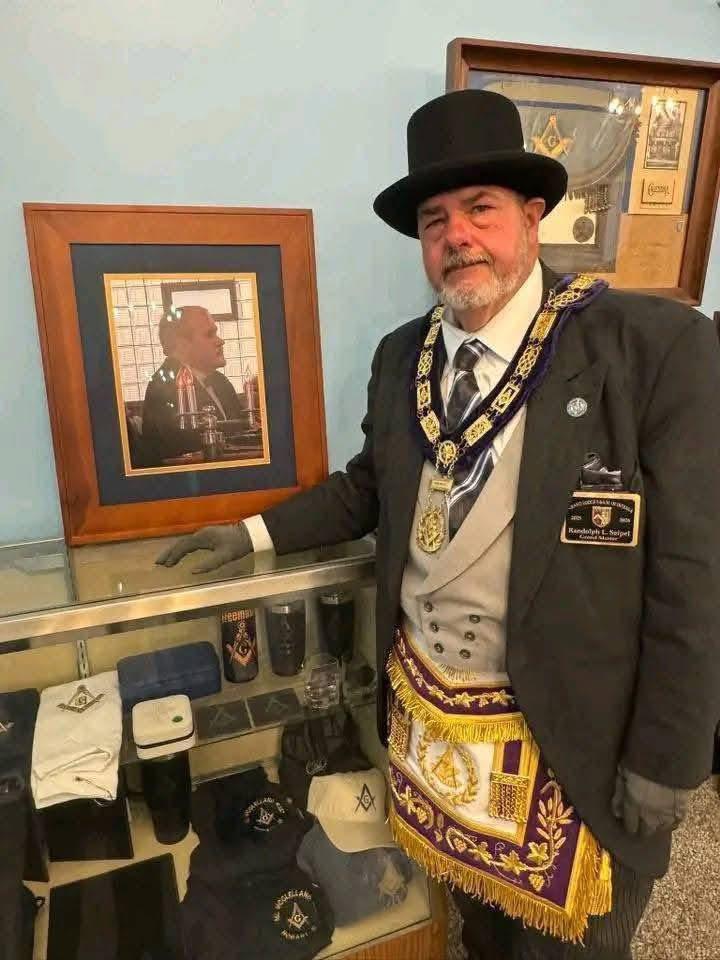Leadership in Freemasonry is a unique and highly structured system that emphasizes service, mentorship, and a commitment to personal growth. Unlike many corporate or political structures, the path to leadership in a Masonic lodge is a journey of increasing responsibility and education.
Here is a look at the practices of Masonic leaders:
The Path to Leadership
A Masonic leader is not simply appointed; he is elected and ascends through a progressive series of roles. A typical path involves serving in various officer positions, such as Inner Guard or Secretary, before eventually being elected as a Warden. This process allows a member to learn the rituals and responsibilities of the lodge from the ground up.
The Principal Officers and Their Roles
The primary leaders of a lodge are the Worshipful Master and the two Wardens.
- Worshipful Master (The Master): The Worshipful Master is the supreme authority in a lodge for his term of office (usually one year). He is responsible for presiding over all meetings, overseeing the work of the lodge, and ensuring that the ancient traditions and laws of Freemasonry are upheld. He is not a dictator but a leader who governs with the consent and guidance of the members.
- The Senior and Junior Wardens: The Wardens are the Master’s principal assistants. The Senior Warden oversees the lodge when it is at ease and prepares to take on the role of Master in the future. The Junior Warden is responsible for ensuring the well-being and moral conduct of the members while the lodge is not in session.
Core Leadership Practices
Masonic leadership is less about command and control and more about guidance and example. A Masonic leader practices by:
- Serving as a Mentor: A key role of a Master and his officers is to mentor newer members, helping them understand the moral lessons of the degrees and guiding them on their journey.
- Leading by Example: A Masonic leader is expected to be a living example of the principles of the fraternity—integrity, honor, and compassion.
- Promoting Harmony: The ultimate goal of a Masonic leader is to ensure that the lodge operates in peace and harmony, resolving any conflicts and fostering a spirit of brotherhood among all members.
- Learning and Educating: Leaders are expected to have a deep knowledge of the ritual and history of the fraternity. They are responsible for educating the members and helping them grow in knowledge and wisdom.

